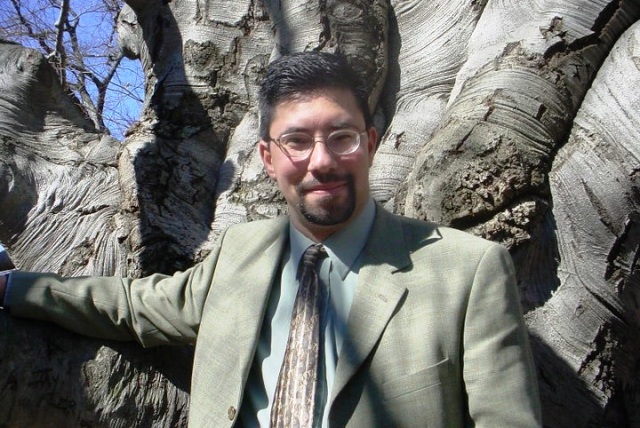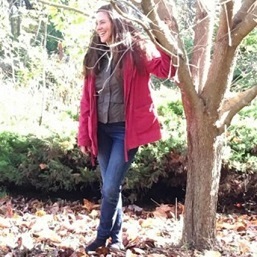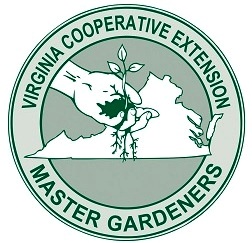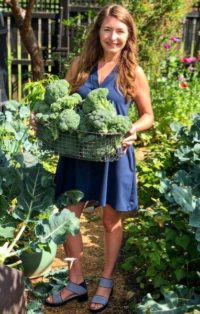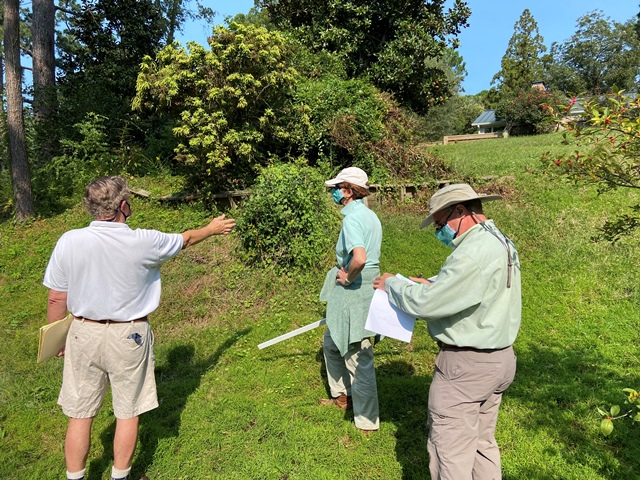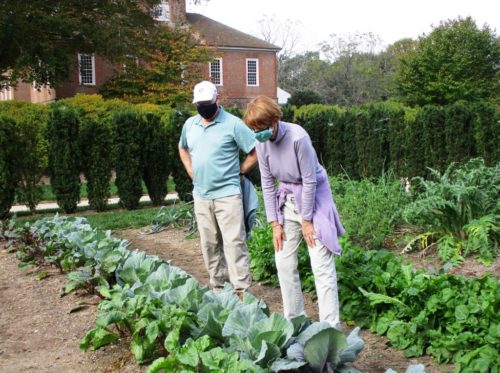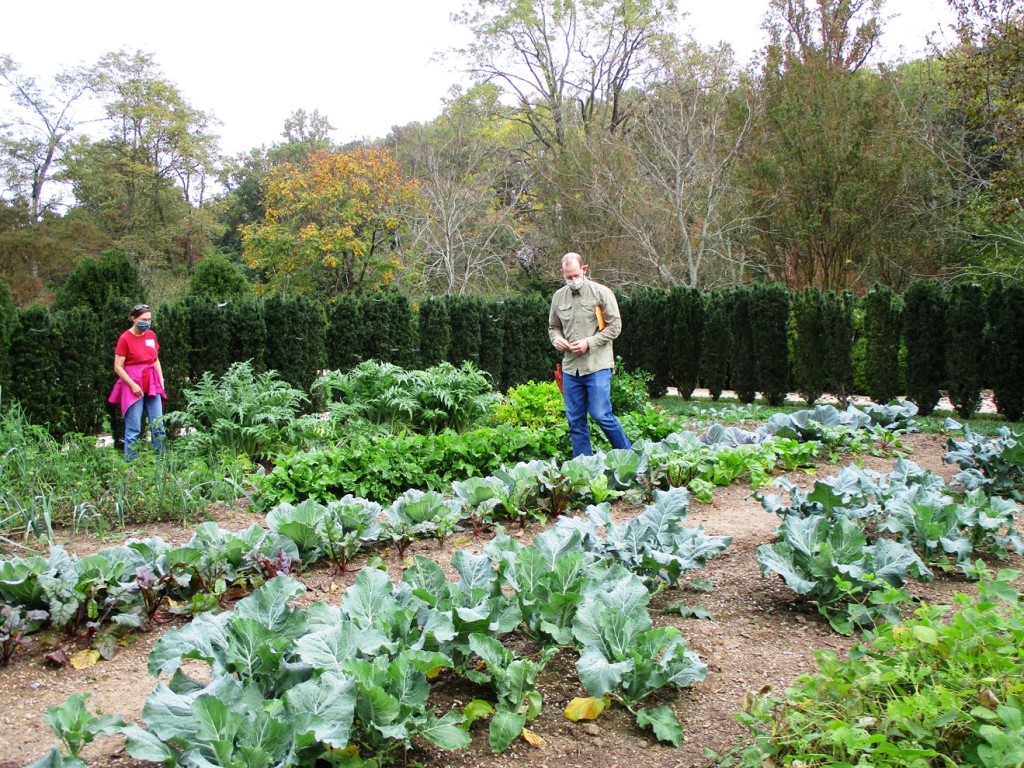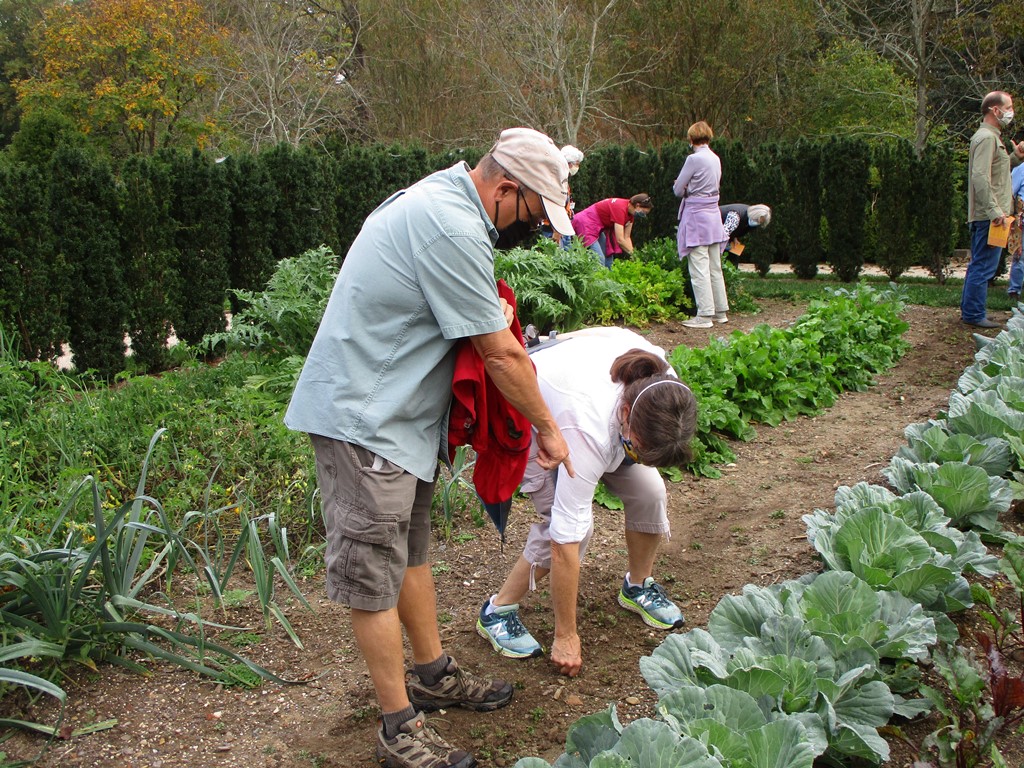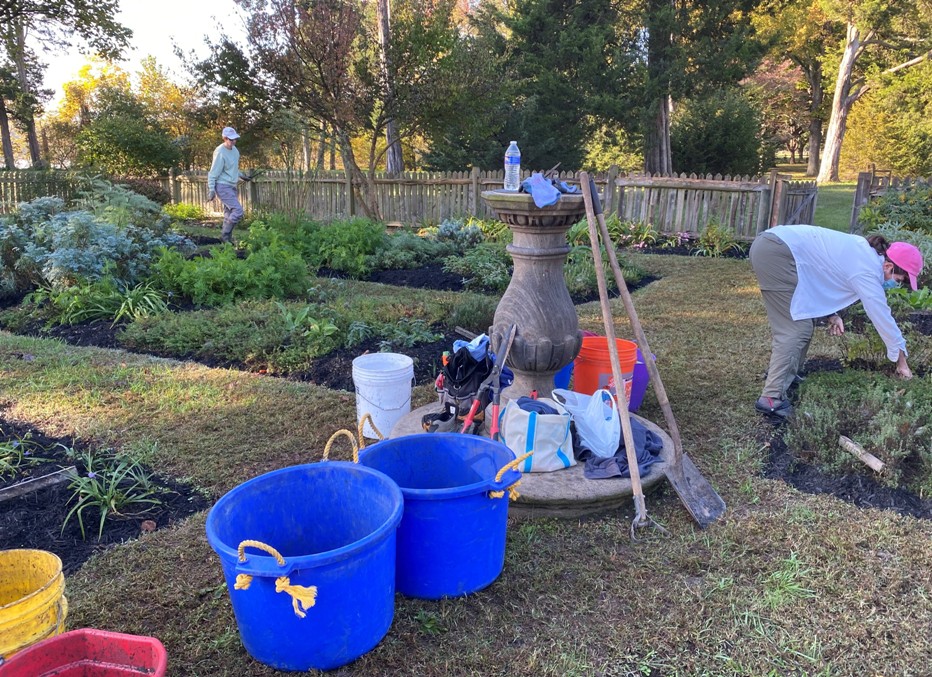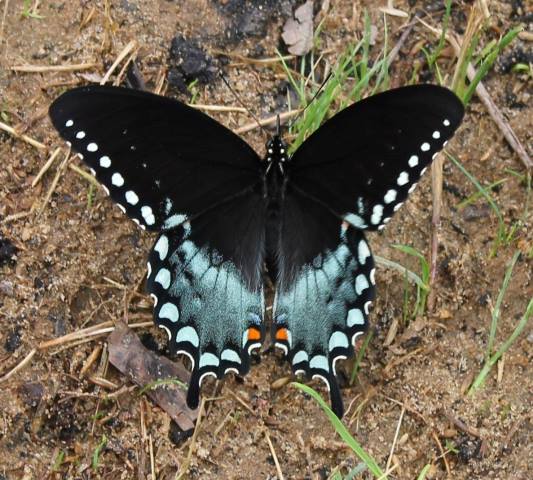From Deck to Dock: Plants for a Northern Neck Home — Spring Plant Sale

Photo credit: Betsy Washington
The Northern Neck Master Gardeners will hold a plant sale at Dug In Farms, 155 Fleets Bay Road, White Stone on April 30 – May 2. The sale runs from 9 a.m. to 3 p.m. each day. A large selection of plants, shrubs, and ornamental will be available for sale.
“It doesn’t matter if your yard is wet, dry, sunny, or shady, we have a plant for you,” said Northern Neck Master Gardener President Marge Gibson. “Representatives from the Northern Neck Master Gardeners and the Northern Neck Chapter of the Virginia Native Plant Society will be on hand to assist customers as they choose plants best suited for their home’s particular landscape needs.”
“The sale features more than thirty varieties of perennials offering choices for spring, summer, and fall bloom times,” stated Michelle Kramer, Plant Sale Chair. “We’ll also be able to answer questions about living shoreline plants for interested customers.”
“Many of the plants available at the sale are already part of the landscape at the Reedville Living Shoreline Garden, adjacent to the Reedville Fishermen’s Museum. They have flourished there for the more than 10 years. The public can visit the Reedville Living Shoreline Garden to see the plants in their mature state,” Kramer continued.
Plan now to take advantage of this opportunity to obtain plants with a proven history of success for our area. For more information, visit www.nnmg.org. Masks or other face coverings are required. Physical distancing will be observed.


